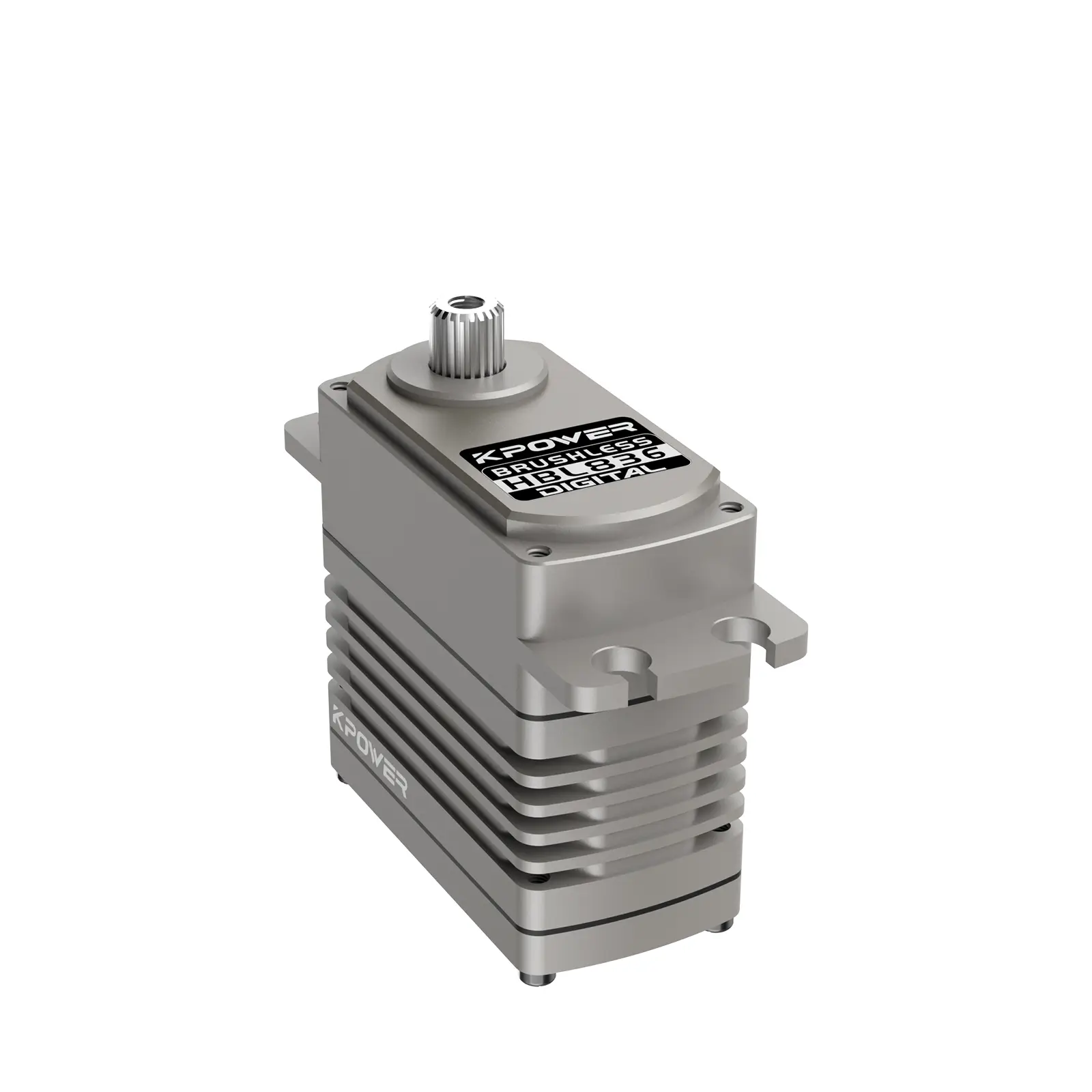Unlocking Precision and Power: Why Buying Servo Motors Could Transform Your Projects
In the world of automation and robotics, few components hold as much potential for enhancing performance as servo motors. Whether you're designing an intricate robotic arm, upgrading manufacturing equipment, or developing a sophisticated drone, the decision to buy servo motors can be a game changer. But what makes these tiny powerhouses so vital, and why should you consider investing in quality servo motors? Let’s embark on a journey to uncover the power, versatility, and precision that these machines bring to your projects.

Understanding what a servo motor is
At its core, a servo motor is a rotary or linear actuator that allows for precise control of angular or linear position, velocity, and acceleration. Unlike basic motors that simply spin, servo motors incorporate a feedback mechanism—usually a potentiometer, encoders, or resolvers—that continuously monitors the motor's position and feeds that data back to a controller. This closed-loop system ensures the motor accurately reaches or maintains the desired position, making it ideal for applications demanding high precision.
From small-scale hobby projects to large industrial machines, servo motors come in various sizes and specifications. The core benefits remain consistent: exceptional accuracy, high torque-to-size ratio, and reliable performance. Whether you’re aiming for meticulous movement in a CNC machine or fluid motion in a camera crane, choosing the right servo motor can profoundly impact your results.
Why investing in quality matters
When it comes to buying servo motors, the market offers a broad spectrum—from inexpensive, generic models to premium, brand-name units. Opting for quality isn’t just about cost; it’s about ensuring the longevity, consistency, and safety of your projects. A top-tier servo motor provides:
Enhanced Precision: High-quality feedback components and robust construction enable more accurate positioning, reducing errors in complex systems.
Greater Reliability: Well-made servo motors withstand rigorous operational demands, decreasing downtime and maintenance costs.
Better Efficiency: Premium motors operate with optimized power consumption, translating to savings and reduced thermal stress.
Advanced Features: Leading brands often include sophisticated options like programmable settings, integrated drives, or built-in cooling systems, allowing for more refined control.
Key factors to consider when buying servo motors
Before jumping into a purchase, it’s vital to understand the parameters that influence a servo motor's suitability for your application:
Torque and Power Requirements: Determine the maximum load your system will handle. Matching the motor's torque with your application's demands ensures smooth operation without overloading.
Speed Range: Consider the RPM (rotations per minute) needed for your application. Some tasks require rapid movements, while others need slow, deliberate positioning.
Feedback Type: Encoders, resolvers, and potentiometers serve as feedback devices. Choose one based on your precision needs and environmental conditions.
Voltage and Current Ratings: Make sure the motor's electrical specifications align with your power supply to prevent issues like overheating or insufficient power.
Size and Mounting Options: The physical dimensions and mounting configurations should fit seamlessly into your design.
Operational Environment: Consider factors like temperature, vibration, dust, and moisture. Some motors are specially designed for harsh environments.
Control Interface: Compatibility with your existing controllers or software is essential. Some servo motors come with dedicated controllers, while others are compatible with standard protocols like EtherCAT, CANopen, or Ethernet/IP.
Emerging trends in servo motor technology
The world of servo motors is evolving rapidly, driven by advancements in materials, control algorithms, and integration capabilities. Some of the notable trends include:
Brushless DC (BLDC) and Permanent Magnet Synchronous Motors (PMSM): These offer higher efficiency, lower maintenance, and greater power density.
Smart Servo Motors: Equipped with onboard processors, these motors allow for real-time diagnostics, adaptive control, and simplified wiring.
Wireless and IoT Integration: Modern servo systems increasingly connect via wireless networks or cloud platforms, enabling remote monitoring and control.
Eco-friendly Designs: With a focus on sustainability, manufacturers are developing motors that operate efficiently while reducing environmental impact.
Connecting the dots, the decision to buy servo motors isn’t just about finding a motor that fits your technical parameters; it’s about choosing a partner that will deliver consistent, precise, and reliable performance for your specific needs. Whether you’re venturing into automation or enhancing an existing system, the right servo motor can unlock new levels of efficiency and accuracy.
In the next part, I’ll delve into practical advice for selecting the best servo motors, explore some top brands, and share tips to ensure your investment pays off. Stay tuned!
Established in 2005, Kpower has been dedicated to a professional compact motion unit manufacturer, headquartered in Dongguan, Guangdong Province, China.




































